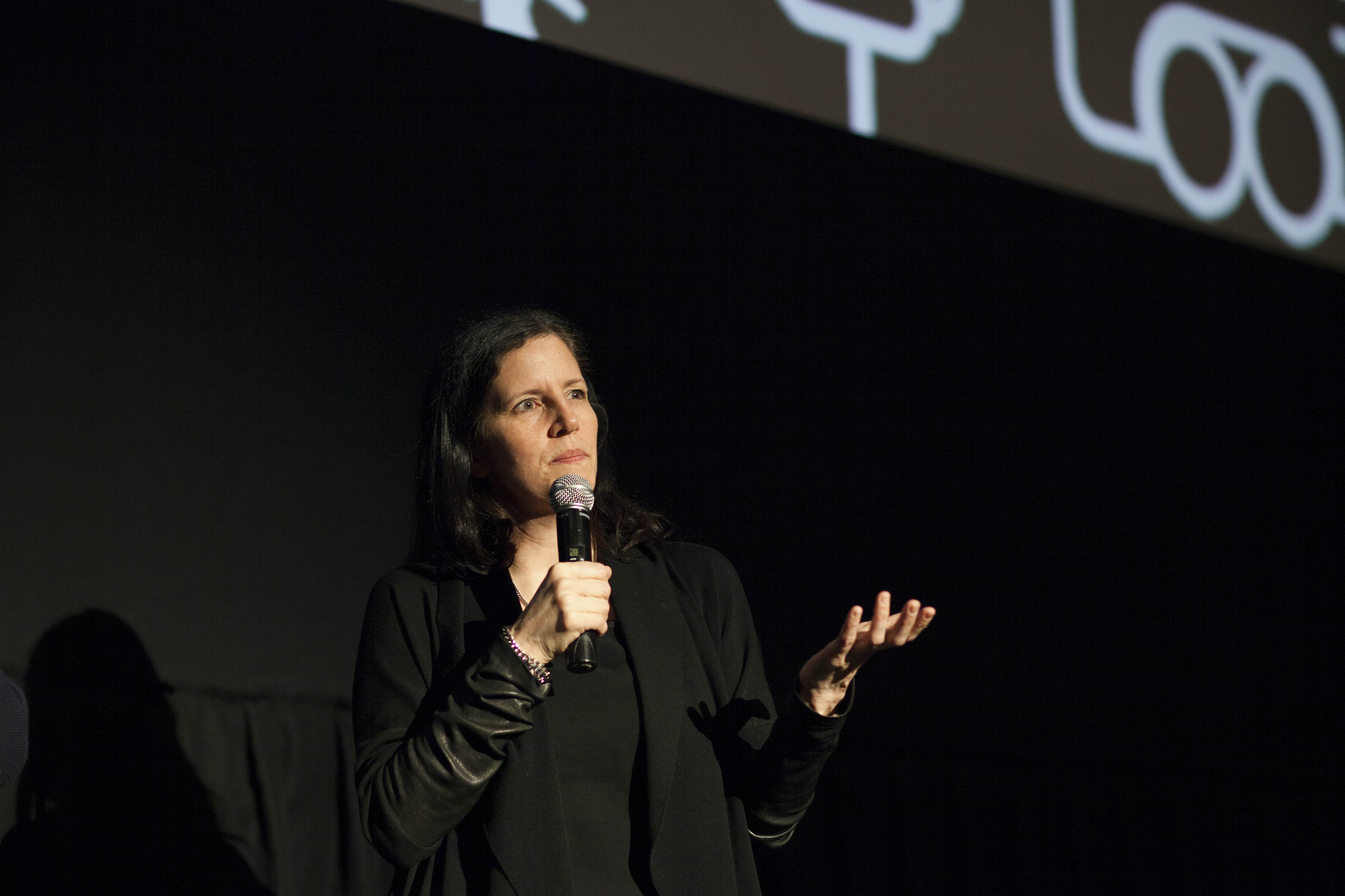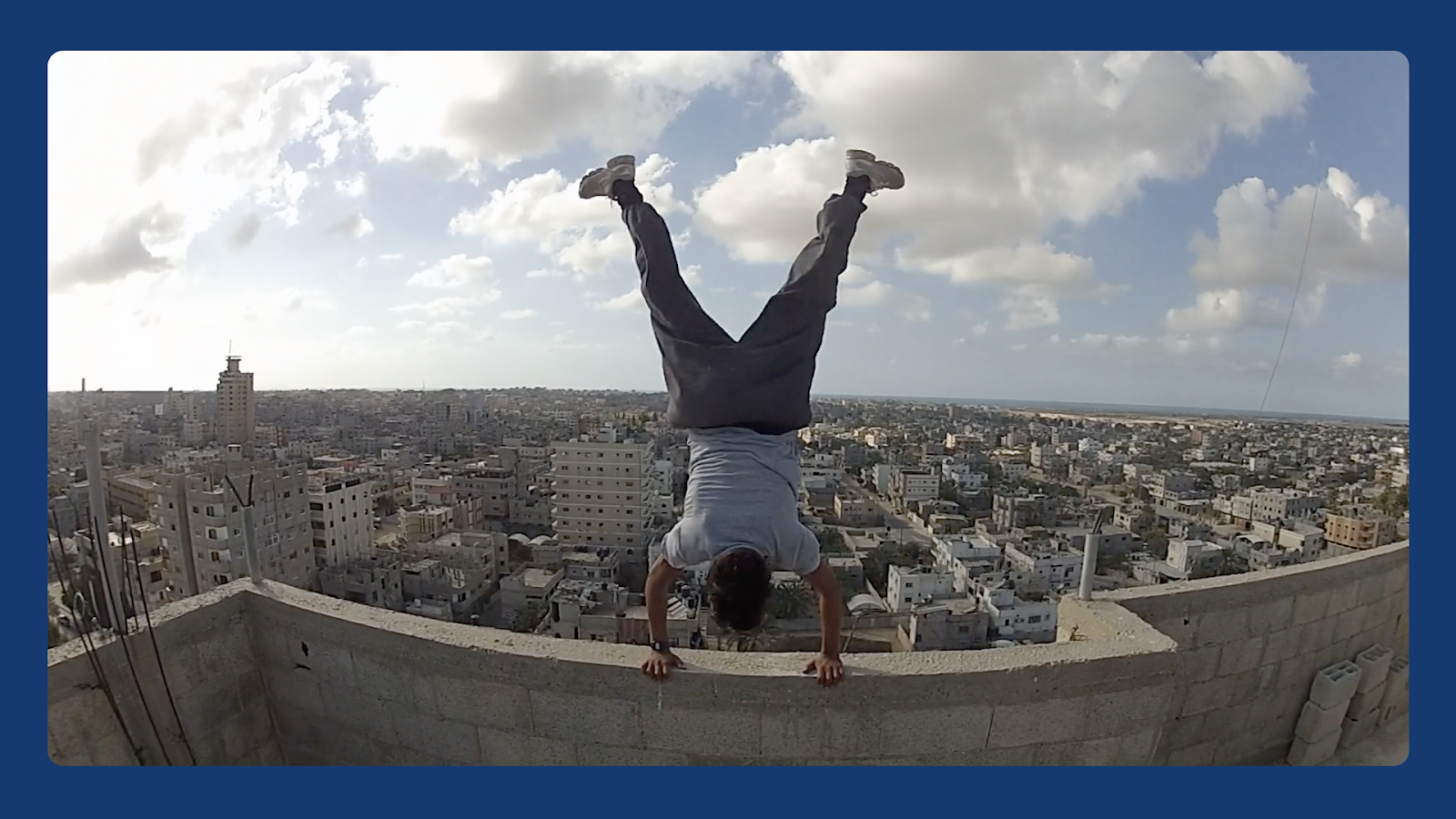Citizenfour: Portrait of a Whistle-Blower


Written by Jenna Belhumeur
What happens when technology outpaces democratic oversight? Citizenfour answers just that. In Laura Poitras’s documentary, which screened Tuesday night at Chelsea’s Bow Tie Theater, viewers are invited into the fateful Hong Kong hotel room where Edward Snowden facilitated the publication of shocking NSA classified documents. Poitras appeared after the screening to answer questions about her work that helps lift the lid on government oversight and stresses the idea that when we lose privacy, we lose liberty.
Throughout Citizenfour, Snowden’s selflessness remains an underlying current driving the film’s narrative. “Immediately nail me to the cross rather than try to protect me,” he states, willing to take the full fall for his actions, but at the same time not wanting to be the sole focus of the media’s attention.
An NSA contractor employed by Booz Allen Hamilton, Snowden came to understand how state power could be used to prevent people from restraining this power, a dangerous cycle facilitated by the government’s indiscriminate and sweeping ability to intercept every digital form of communication. While he could have released the documents himself in a Wikileaks-fashion, Snowden instead worked with journalists Laura Poitras, Glenn Greenwald and Ewen MacAskill to ensure that the public interest in releasing this information was represented in the most responsible manner possible.
Arguably Poitras’s biggest achievement with Citizenfour is her ability to change the profile of whistle-blowers by allowing viewers to understand why someone would take the risks that Snowden took. While questions about the legitimacy and motives behind whistle-blowers are often raised, the manner in which Snowden’s desires are laid out dispel any doubts as to the importance of his actions.
“These are public issues. These are not my issues. These are everybody’s issues,” Snowden stresses in the film.
The documentary also gives viewers a taste of what happened after publishing. From fears of extradition, to obtaining refugee status through the UN, to grappling with what country to go to next, to encrypted follow-ups with the journalists he worked with, it becomes clear that Snowden’s whistleblowing came with very real and dire consequences. As pointed out by lawyers in the film, the Espionage Act interestingly does not distinguish between information given to journalists for the public interest and information leaked to an enemy of the state in times of war.
In the post-screening Q&A, Poitras made clear that the themes presented in the film point to the direction our country is going, and are things we still grapple with.
“We didn’t want a sense of closure in the film,” she said.
And when asked if there is more to be published from the Snowden files, Poitras simply replied, “Yes, a whole bunch.”
For more about Citizenfour, visit the film page on the DOC NYC website.
Jenna Belhumeur is a current student at Columbia’s Graduate School of Journalism. After graduating from UCLA in 2013, she moved to Thailand for 8 months to teach English and backpack around other countries in Southeast Asia. After Columbia, Jenna hopes to become an internationally based reporter for a major broadcast network or pursue long-form documentary production. Follow her on Twitter @jenna_bel and on Instagram @jennabel

